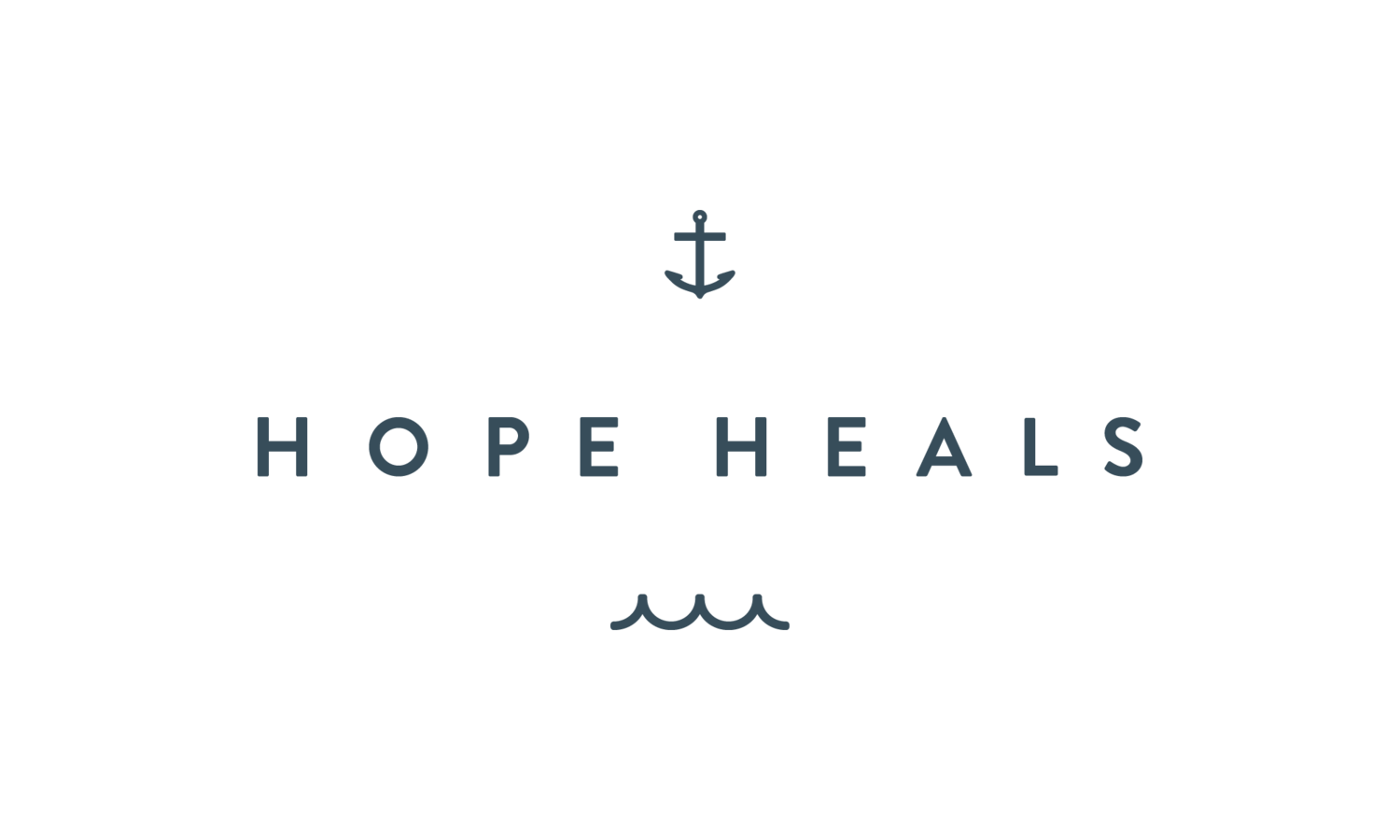Naming the Good
On the night of April 21, 2008, I stood in an outside courtyard at UCLA Hospital. A group of nearly 100 friends encircled me, some weeping, some silent, all in shock at the unexpected place they found themselves ending what began as an ordinary day.
Two floors below me, my 26-year old wife lay on an operating table, her brain hemorrhaging due to the rupture of a life-long abnormality that we had no idea was there. The innocent myth of youthful immortality burst like an iridescent bubble blown from a child’s lips as Katherine lay dying.
The brokenness of that moment, of all the broken moments of creation, ran down my spine, opening my eyes, as if for the first time, to the true reality of this world. My mind raced and plagued me with a slideshow of horror from which no amount of waiting room magazines could help me escape.
I gripped a crimson-bound Gideon’s Bible found in the waiting room as if my life depended on it, and it did. Unconsciously, my fingers turned the dog-eared pages to the book of Romans, to the 8th chapter, and I began to read it aloud. It had always been Katherine’s favorite passage, so it only seemed fitting, but as the words left my mouth, I wondered how they might ever be proven true on this night.
“And we know that in all things, God works for the good of those who love him, who have been called according to his purpose.”
Eight hours later, the sun arose over that same courtyard. The crowd had whittled to just a hand-full when the weary neurosurgeon approached. “Katherine lived”, he spoke quietly, “but we don’t know what the deficits will be.”
The first good thing is always LIFE, even for a moment, even when death abounds. That was the first day of the greatest fight. Like the hero seemingly flung over the edge, Katherine hung above the abyss, clinging to a salvific but tenuous branch. We scraped and clawed our way back from the cliff to find a new yet unstable footing. Our eyes have been opened to the fact that we’ve always lived right on that same precipice, we just didn’t know it. Life is a gift and as its giver is good, it too is good.
The truth of Romans 8 has been on a constant crash course with a life of ongoing challenges and pain of which there is no quota. And yet, like the rising sun, it too has shed increasing light and warmth over what could otherwise be a cold and dark reality. Asking, seeking, and knocking on every door to find good has yielded a hope that transcends all life’s storms. Yet, like any true thing in this world, the passage of time doesn’t affect its validity but rather its preeminence in our minds. The glasses that sit on the end of our noses still help us to see even when we wonder where we’ve misplaced our glasses this time. “All things for good” has changed our most basic paradigm, yet this challenging alchemy can lose its luster if we don’t see it as a wonder…a wonder we can call by name.
We recently shared our story to a group and as we concluded, the question was lovingly posed, “What have been the good things resulting from your worst thing? Can you name the good?” We were momentarily taken aback. Not because our experience of goodness through pain wasn’t real but because in the midst of the deep knowing, we have sometimes forgotten to see the things right in front of our face and to call them by name as good things.
My brother-in-law interjected, with quivering voice and said, “Were it not for Katherine’s stroke, Sarah would not have left her 2-year post in Africa to return to care for James, and we would not have gotten married when we did and had our kids.”
What looks like a stone to shatter the glassine sea makes ripples and waves that bring life all the way to the shore. And we call the good by name.
The power of the Bible and the life of Jesus Christ is that it is interwoven with the lives of real people, ordinary things, and very specific places. There is a time for the subtleties to speak, but there is also a firing in our brains that demands specificity, that grapples to find the word, the name.
In the gospel of John, chapter 21, after the death of Christ, the seemingly very worst thing, the end of hope, he appeared to his friends. During his life and ministry, they had left their normal lives to follow his extraordinary ministry, but after his death, they had returned, defeated, to their simple boats and tattered nets. That early morning, Jesus directs them to an unbelievable catch of fish, a writhing reminder of goodness resurrected and hope overflowing. And they counted them all. 153 fish. 153 reminders that all was not lost. And then they sat around the fire and broke bread with Jesus and the sun rose and so did hope.
No matter if the pain is the quotidian fear of our own empty nets or the unspeakable murder of the messiah, the good will always be because God will always be. And yet, it is our choice, perhaps our duty even, to see this good and to call it by name. We must tell each other the story, from the grandiose themes to the name of the smallest beloved one, and in so doing we make manifest the story of hope that is within us all, and it is good.
